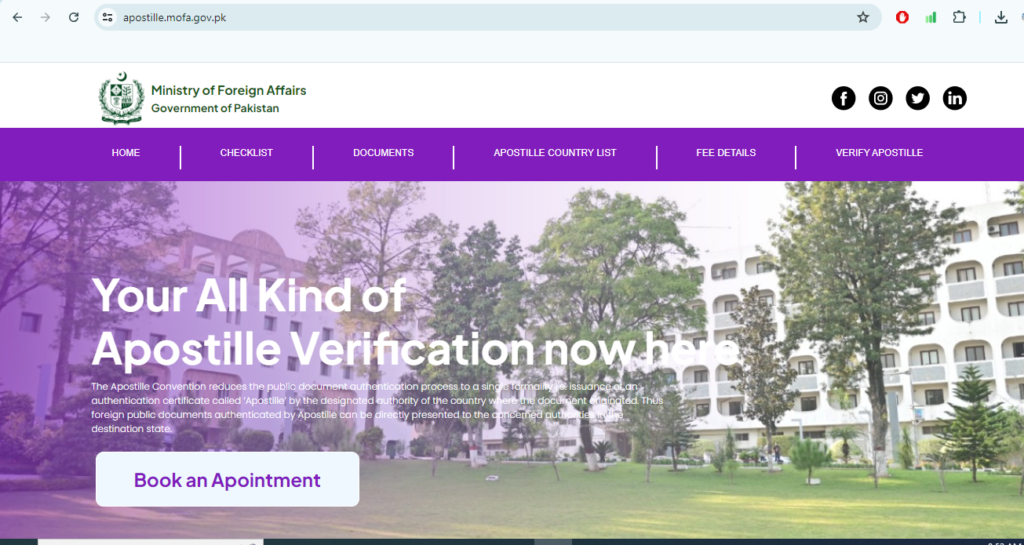Extending your stay in a foreign country can be a daunting task. Whether you’re pursuing educational opportunities, exploring new cultures, or working abroad, understanding the visa extension process is crucial for a smooth and legal stay. This comprehensive guide will provide you with all the necessary information, practical tips, and actionable advice to navigate the complexities of visa extensions.
Understanding Visa Extensions
What is a Visa Extension?
A visa extension allows you to legally remain in a foreign country beyond the original validity period of your visa. It’s not a new visa; instead, it modifies the terms of your existing visa, granting you additional time to stay. Failing to extend your visa can result in overstaying, which can lead to serious consequences, including deportation, fines, and future visa application denials.
- Extending a visa requires you to apply while you are still in legal status, i.e. before your current visa expires.
- The process varies significantly depending on the country and the type of visa you hold.
- Not all visas are eligible for extension; some are single-entry and non-extendable.
- Example: Imagine you are in the United States on a B-2 tourist visa, initially granted for six months. If you wish to stay longer to continue your travel plans, you would need to apply for a B-2 visa extension through the United States Citizenship and Immigration Services (USCIS) before your current visa expires.
Why Might You Need a Visa Extension?
There are numerous reasons why you might need to extend your visa:
- Extended Travel Plans: If you’re traveling and wish to explore more of the country or region.
- Educational Pursuits: Completing a degree program or research project might take longer than the initial visa allows.
- Work Assignments: An overseas work assignment could be extended by your employer.
- Medical Treatment: Unexpected medical issues requiring prolonged treatment in the country.
- Personal Reasons: Unforeseen personal circumstances that necessitate an extended stay.
- Example: A student studying in the UK on a Tier 4 (Student) visa might need to extend their visa if they decide to pursue a higher-level degree or require additional time to complete their dissertation.
Common Reasons for Visa Extension Denials
Understanding common reasons for denial can help you prepare a stronger application:
- Incomplete Application: Missing documents or information can lead to automatic rejection.
- Lack of Funds: Failing to demonstrate sufficient financial resources to support your stay.
- Violation of Visa Terms: Engaging in activities not permitted by your current visa (e.g., working on a tourist visa).
- Criminal Record: Having a criminal record or past immigration violations.
- Misrepresentation: Providing false or misleading information on your application.
- Tip: Thoroughly review all application requirements and provide accurate, verifiable information to increase your chances of approval.
The Visa Extension Application Process
Researching the Requirements
Before you begin the application process, thorough research is crucial.
- Official Government Websites: Always consult the official immigration website of the country where you wish to extend your visa.
- Embassy/Consulate Information: Check the website of the embassy or consulate of your home country in the host country for specific guidelines.
- Immigration Lawyers/Consultants: Consider seeking professional advice from an experienced immigration lawyer or consultant.
- Actionable Takeaway: Create a checklist of all required documents and information based on official sources.
Gathering Required Documents
The required documents vary depending on the country and the type of visa. However, some common documents include:
- Valid Passport: Your passport must be valid for the duration of your extended stay.
- Current Visa: A copy of your existing visa.
- Application Form: The official visa extension application form.
- Proof of Funds: Bank statements, financial guarantees, or scholarship letters.
- Proof of Accommodation: Lease agreement, hotel reservation, or letter from a host.
- Letter of Explanation: A detailed letter explaining the reasons for your extension request.
- Supporting Documents: Depending on the purpose of your stay, this could include enrollment letters from schools, employment verification letters, or medical records.
- Example: For extending a German student visa, you will need proof of enrollment from your university, proof of sufficient financial resources (usually around €861 per month), and proof of health insurance.
Submitting Your Application
The method of submission varies.
- Online Portals: Many countries have online portals for visa extension applications.
- In-Person Submission: Some countries require you to submit your application in person at an immigration office.
- Mail-In Submission: In certain cases, you may be able to mail your application.
- Important: Submit your application well in advance of your visa’s expiration date to avoid overstaying. Most countries recommend applying at least 30-60 days before the expiry date.
Attending Interviews and Providing Additional Information
Some visa extension applications may require an interview with immigration officials.
- Prepare Thoroughly: Review your application and be prepared to answer questions about your reasons for extending your stay.
- Be Honest and Concise: Provide clear and accurate answers to all questions.
- Provide Additional Documents: If requested, promptly provide any additional documents or information.
- Tip: Dress professionally and arrive on time for your interview.
Navigating Different Visa Types and Extensions
Student Visas
Student visas are typically extended based on continued enrollment in an educational program.
- Enrollment Verification: Provide official enrollment verification from your educational institution.
- Academic Progress: Demonstrate satisfactory academic progress.
- Financial Stability: Continue to prove that you have sufficient funds for your studies.
- Example: In Australia, student visa holders need to maintain satisfactory course attendance and academic performance to be eligible for an extension.
Work Visas
Work visa extensions are usually sponsored by your employer.
- Employer Sponsorship: Your employer must support your extension application.
- Job Offer or Contract: Provide a valid job offer or employment contract.
- Labor Market Impact Assessment: Some countries may require a labor market impact assessment to ensure that your employment does not negatively impact local workers.
- Example: To extend an H-1B work visa in the US, your employer must file a petition with USCIS, demonstrating that you continue to meet the requirements for the position.
Tourist Visas
Tourist visa extensions are often the most difficult to obtain, and may have strict limitations.
- Valid Reasons: Provide compelling reasons for needing to extend your stay beyond the initial period. Common reasons include medical emergencies, unforeseen travel disruptions, or planned follow-up travel.
- Proof of Intent to Return: Show strong ties to your home country, such as property ownership, family obligations, or employment commitments.
- Limited Extensions: Tourist visas are often only extendable once and for a limited period.
- Example: Extending a Schengen visa can be difficult and often requires demonstrating exceptional circumstances, such as a medical emergency, and proving sufficient funds for the extended stay.
Avoiding Common Pitfalls
Overstaying Your Visa
Overstaying your visa has serious consequences.
- Deportation: You may be deported from the country.
- Fines and Penalties: You may be subject to fines and penalties.
- Future Visa Denials: Overstaying can make it difficult to obtain visas in the future, both to the country where you overstayed and potentially to other countries as well.
- Actionable Tip: Keep track of your visa expiration date and apply for an extension well in advance.
Providing False Information
Providing false or misleading information on your visa extension application can have severe repercussions.
- Application Denial: Your application will be denied.
- Visa Cancellation: Your current visa may be cancelled.
- Ban from Re-Entry: You may be banned from re-entering the country in the future.
- Ethical Reminder: Always be honest and truthful on your visa application.
Insufficient Documentation
Failing to provide all required documentation can result in delays or denial of your application.
- Double-Check Requirements: Verify that you have included all required documents before submitting your application.
- Provide Originals and Copies: Submit both original documents and copies, as requested.
- Certified Translations: If any documents are not in the official language of the country, provide certified translations.
- Tip:* Create a checklist of all required documents and cross-check each item before submitting your application.
Conclusion
Extending your visa can be a complex process, but with careful planning and attention to detail, you can navigate the process successfully. Remember to research the specific requirements for your visa type and the country where you are seeking an extension, gather all necessary documents, and submit your application well in advance of your visa’s expiration date. By understanding the process and avoiding common pitfalls, you can increase your chances of a successful visa extension and continue your stay legally and worry-free. Good luck!

